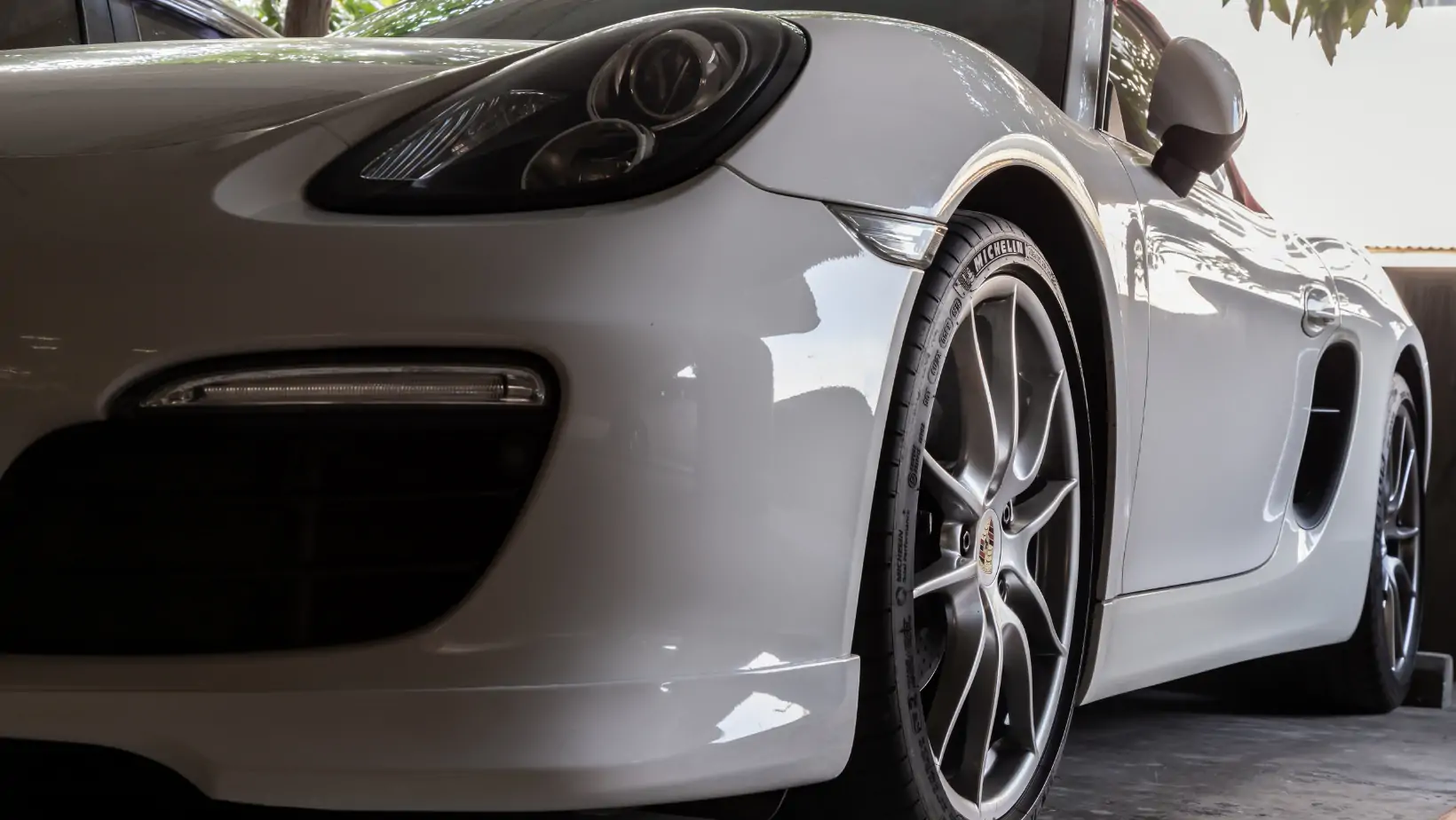
Porsche, the iconic German automaker, made a significant announcement today that resonates with the evolving trends in the automotive industry. The company revealed its plans to incorporate native versions of popular Google apps, such as Maps and Assistant, into its upcoming vehicle models. This move highlights Porsche’s commitment to providing a cutting-edge digital experience for its customers.
In this in-depth article, we explore the implications of Porsche’s decision to embrace Google’s software, its impact on the South African automotive market, and the broader global automotive landscape.
Porsche’s decision to integrate native Google apps into their future vehicles underscores the growing importance of digital experiences within the automotive industry. By partnering with Google, Porsche aims to offer its customers a seamless and familiar in-car infotainment system.
This move aligns with the ever-increasing demand for enhanced connectivity, navigation, and digital services in modern vehicles. It is also a testament to the relentless pursuit of innovation within the industry.
One of the key benefits of Porsche’s collaboration with Google is the introduction of Google built-in, allowing for over-the-air (OTA) software updates. This means that Porsche drivers will receive updates and improvements to their vehicle’s software without the need for a physical visit to a dealership.
In a world where software plays a pivotal role in the performance and functionality of vehicles, the ability to seamlessly update software is crucial. It ensures that Porsche customers will always have access to the latest features and improvements, enhancing the overall ownership experience.
Porsche’s parent company, Volkswagen (VW), has faced its fair share of software-related challenges in recent times. This includes delays in launching new software architecture, as evidenced by the recent announcement of approximately 2,000 job cuts at VW’s in-house software provider, Cariad.
The struggles faced by VW emphasize the importance of robust and efficient software development in the automotive industry. As automakers increasingly rely on software for vehicle functions and connectivity, any delays or issues can have a significant impact on the entire organization.
The automotive industry is no longer solely about horsepower and engine performance. It’s also about providing a comprehensive and sophisticated digital experience for drivers and passengers. To meet this demand, Volkswagen, Porsche’s parent company, launched a new app store designed to serve its wide portfolio of car brands.
This app store is aimed at helping drivers find familiar third-party apps that are optimized for car-friendly usage. The list includes well-known names like TikTok, Spotify, and Yelp. The goal is to bridge the gap between the digital experiences people have on their smartphones and the experience they expect in their vehicles.
Porsche’s collaboration with Google is not unique in the automotive industry. Several automakers, including Honda, GM, Polestar, Volvo, and Ford, have already embraced Google built-in or Android Automotive for their vehicles.
This partnership underscores the appeal of Google’s software solutions for enhancing the digital experience within vehicles. By integrating the apps available through Google’s Play store, Porsche is positioning itself to deliver an exceptional digital experience to its customers.
As Porsche embarks on this journey to integrate Google’s native apps into their vehicles, what can South African drivers expect in the near future? To understand the implications fully, let’s delve into the key aspects of this collaboration:
| Aspect | Implication |
|---|---|
| Enhanced Digital Experiences | Porsche customers can look forward to an elevated in-car digital experience, including seamless access to Google apps like Maps and Assistant. |
| Over-the-Air Updates | Vehicle software updates will be easier and more convenient for owners, ensuring their vehicles remain up-to-date with the latest features and improvements. |
| Volkswagen’s Software Challenges | Volkswagen’s software woes have prompted its brands, like Porsche, to explore alternative solutions and partnerships to address any potential delays. |
| Automotive App Stores | South African drivers can expect a growing availability of in-car apps that are optimized for safe and enjoyable use while on the road. |
| Competition with Phone Mirroring | The integration of Google apps doesn’t mean Porsche will abandon phone mirroring options like Android Auto and Apple CarPlay, which remain popular with consumers. |
| Porsche’s Timeline | Porsche aims to roll out vehicles with Google built-in by mid-decade, although specific models were not disclosed. This means South African consumers can anticipate these features in upcoming Porsche models. |
While the integration of Google apps into Porsche vehicles is a global initiative, it holds specific implications for the South African automotive market. South African drivers can look forward to an elevated digital experience within their Porsche vehicles, mirroring the global trends in the industry.
The South African automotive market has been evolving with the increasing demand for connectivity and digital services. With Porsche’s embrace of Google’s native apps, South African consumers can expect to have access to the same sophisticated digital experiences as their global counterparts.
Porsche’s announcement to integrate native Google apps into its future models represents a significant step toward enhancing the digital experience for its customers. The partnership with Google and the adoption of Google built-in with OTA updates reflect the evolving landscape of the automotive industry, where software plays a crucial role in the overall ownership experience.
As South African drivers increasingly seek in-car connectivity and advanced digital services, Porsche’s move is expected to meet their expectations. With the promise of a more seamless and feature-rich in-car experience, this partnership paves the way for a future where driving becomes as much about the journey as it is about the destination.
This website uses cookies.